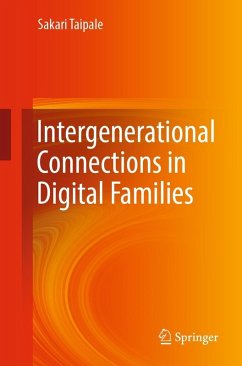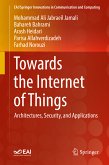The author focuses on three European countries: Finland, Italy and Slovenia, but also touches on other European countries and parts of the United States, revealing evidence that challenges ideas of universal adoption of information communication technology (ICT) and consistency in the social effects of such adoption in different regions and cultures. Further, the book discusses numerous other challenges and issues, such as:
. the social transformations and technological developments that have made digitalfamilies possible;
. the resulting changes in family roles, responsibilities, and practices; and
. the theoretical and conceptual implications of digital communication-technology use in families.
The author illustrates how ICT can facilitate family solidarity and how it helps to provide new ways of being together, and they discuss how social media, particularly instant messaging applications, helps develop affinity between family members better than traditional one-to-one personal communication tools.
Combining highly nuanced material with fresh sociological thinking, it enhances readers' theoretical understanding of the meaning of the 'digital family', making it a powerful resource for graduate and undergraduate students, as well as academics. Thanks to its structured format with easy-to-understand explanations, it appeals to practitioners and researchers alike.
Dieser Download kann aus rechtlichen Gründen nur mit Rechnungsadresse in A, B, BG, CY, CZ, D, DK, EW, E, FIN, F, GR, HR, H, IRL, I, LT, L, LR, M, NL, PL, P, R, S, SLO, SK ausgeliefert werden.









